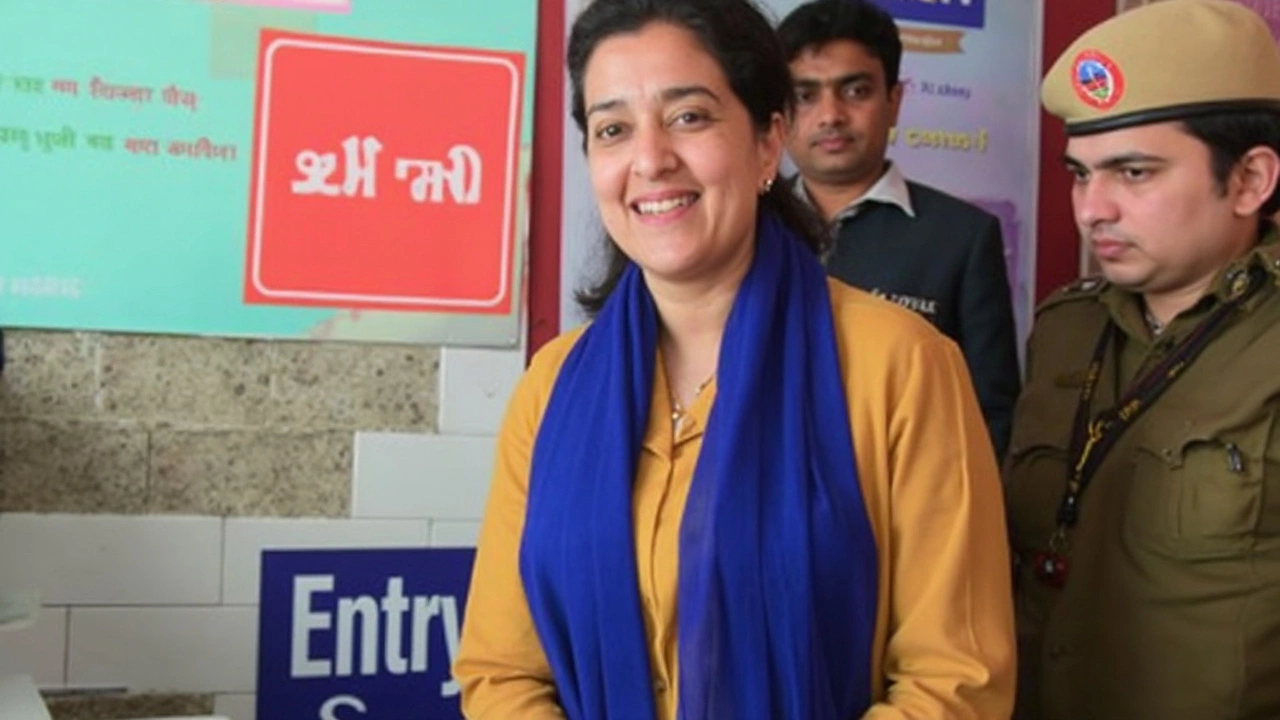Atishi – The Face of Progressive Change in Delhi
If you’ve skimmed any news about Delhi’s education or governance in the last few years, the name Atishi probably popped up. She’s not just a politician; she’s the go‑to person for bold reforms that aim to make schools better and public services more transparent.
What’s Atishi’s Background?
Atishi Marlena started out as a scholar. After earning a Master’s in public policy from Harvard, she came back to India and joined the Aam Aadmi Party (AAP). In 2015 she was appointed as the Principal Secretary (Education) for Delhi, which made her the youngest person ever to hold that post. Her academic chops and fresh perspective helped her push through a series of changes that many thought were impossible.
Key Reforms and Why They Matter
One of her biggest wins was revamping the school curriculum. Instead of rote learning, she introduced competency‑based modules that focus on problem‑solving and digital literacy. Kids now spend more time on projects that mimic real‑world challenges, which helps them think critically from an early age.
She also championed the ‘School Management Committee’ model, giving parents a real voice in how schools run. This move built trust between communities and the education department, leading to better attendance and lower dropout rates.
Beyond schools, Atishi pushed for a transparent budgeting system. By publishing detailed financial data online, citizens can see exactly where public money goes. This openness has cut down on corruption and made it easier for activists to hold officials accountable.
In recent months, she’s been vocal about climate‑smart policies for schools—like installing solar panels and creating green campuses. These steps not only cut energy bills but also teach students the importance of sustainability.
All of these initiatives have earned her a reputation as a pragmatic reformer. She’s not about grand promises; she focuses on practical steps that deliver measurable results.
At Progressive Broadcast Circle News, we keep an eye on Atishi’s moves because they often set the tone for broader policy debates across India. Whether you’re a parent, teacher, or just a citizen who wants a more accountable government, understanding Atishi’s work helps you see what’s possible when ideas meet action.
So next time you hear her name, remember it’s attached to real‑world changes that affect classrooms, budgets, and even the environment. Her story shows that youthful energy combined with solid expertise can reshape public systems, one policy at a time.
